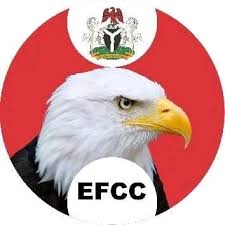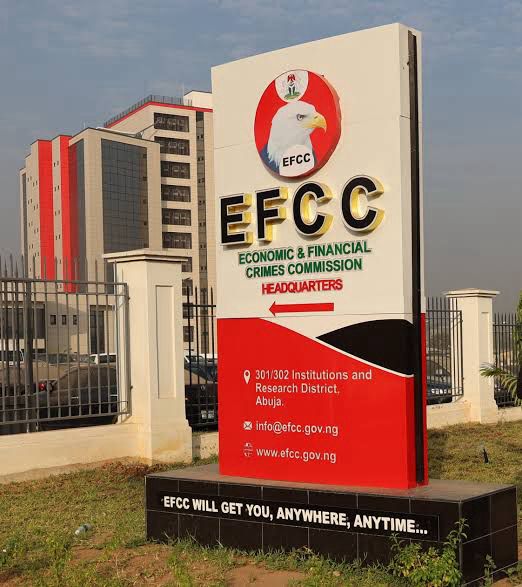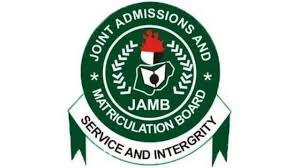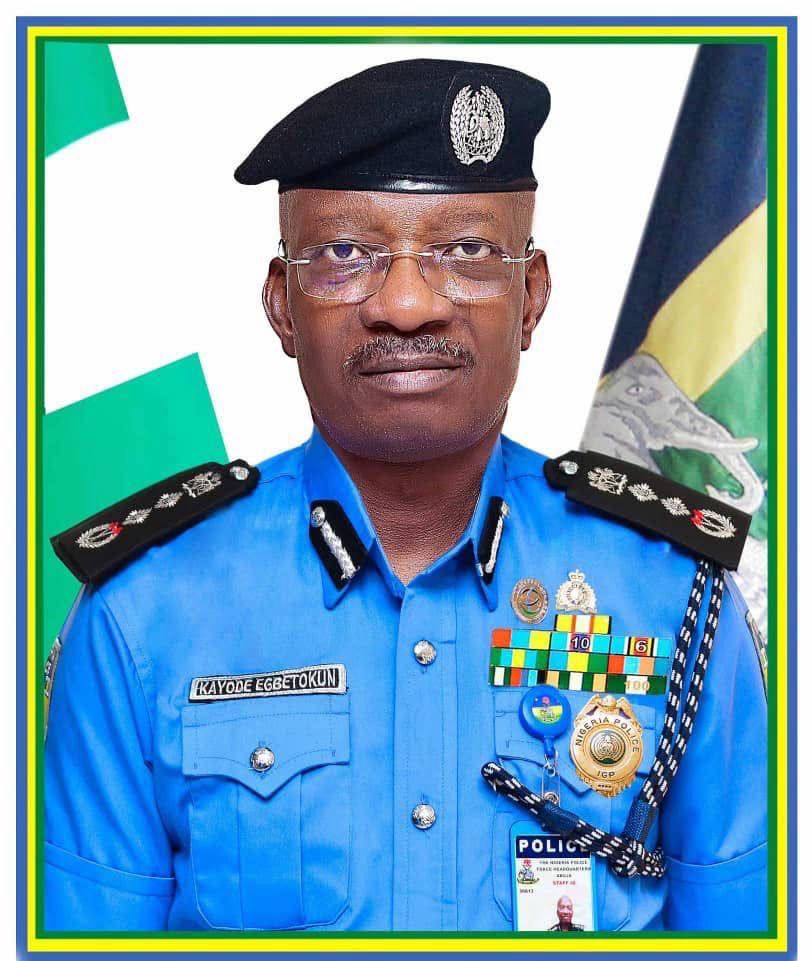NIGERIA: EFCC Urges Nigerian Universities to Introduce Anti-Corruption Courses for Freshers

By Ameenat Hamzat, Lagos, Nigeria
The Economic and Financial Crimes Commission (EFCC) has called on tertiary institutions across Nigeria to incorporate anti-corruption courses into their curriculum as a mandatory requirement for all first-year students.
This appeal was made by the EFCC’s Kano Zonal Director, Ibrahim Shazali, during a visit by the Vice-Chancellor of Yusuf Maitama Sule University, Professor Mukhtar Kurawa, to the commission’s office. The EFCC Spokesperson, Dele Oyewale, disclosed the details in a statement issued on Tuesday.
According to the statement, the introduction of anti-corruption courses would equip students with critical knowledge on the dangers of corruption and their role in combating it. The EFCC emphasized that educational institutions play a significant role in shaping the moral compass of future leaders.
The statement reads:
“Given the alarming rate of corrupt practices that continue to hinder Nigeria’s socio-economic growth and stability, the EFCC believes that the educational sector holds a vital responsibility in shaping the moral fabric of future leaders. An anti-corruption course will not only enlighten students about the detrimental effects of corruption but also instil values of integrity, accountability, and patriotism.”
Shazali further stressed the importance of making anti-corruption studies a prerequisite alongside general studies for all 100-level students. “Every student should have a foundational understanding of corruption and what it means to uphold good character,” he added.
He also highlighted the commission’s existing Integrity Clubs and Zero Tolerance for Corruption Clubs in primary, secondary, and tertiary institutions and assured the Vice-Chancellor that such initiatives would soon be introduced at Yusuf Maitama Sule University.
In a cautionary note, Shazali advised vigilance over the university’s bursary and procurement departments, which he identified as being particularly susceptible to corrupt practices based on EFCC’s findings.
In response, Professor Mukhtar Kurawa revealed that the university recently launched a Department of Cybersecurity to address the growing demand for skilled professionals in information technology and security. He noted that the rising prevalence of cyber threats, data breaches, and online fraud presents significant challenges to individuals, businesses, and governments alike.
The Vice-Chancellor urged the EFCC’s Kano Command to support the university by establishing a forensic laboratory to enhance students’ practical skills in combating cyber-related crimes.
This collaboration between the EFCC and academic institutions underscores the need for proactive measures to foster a culture of integrity and professionalism among Nigeria’s future workforce.
categories
recent posts

KENYA: Parents Flee After Daughter Is Allegedly Defiled By Father

Kenya Space Agency Issues Warning About Potential Space Debris Re-entry This Weekend

NIGERIA: Court Jails 23 Internet Fraudsters In Benin City

NIGERIA: UTME Begins April 24 As JAMB Adjusts Schedule

